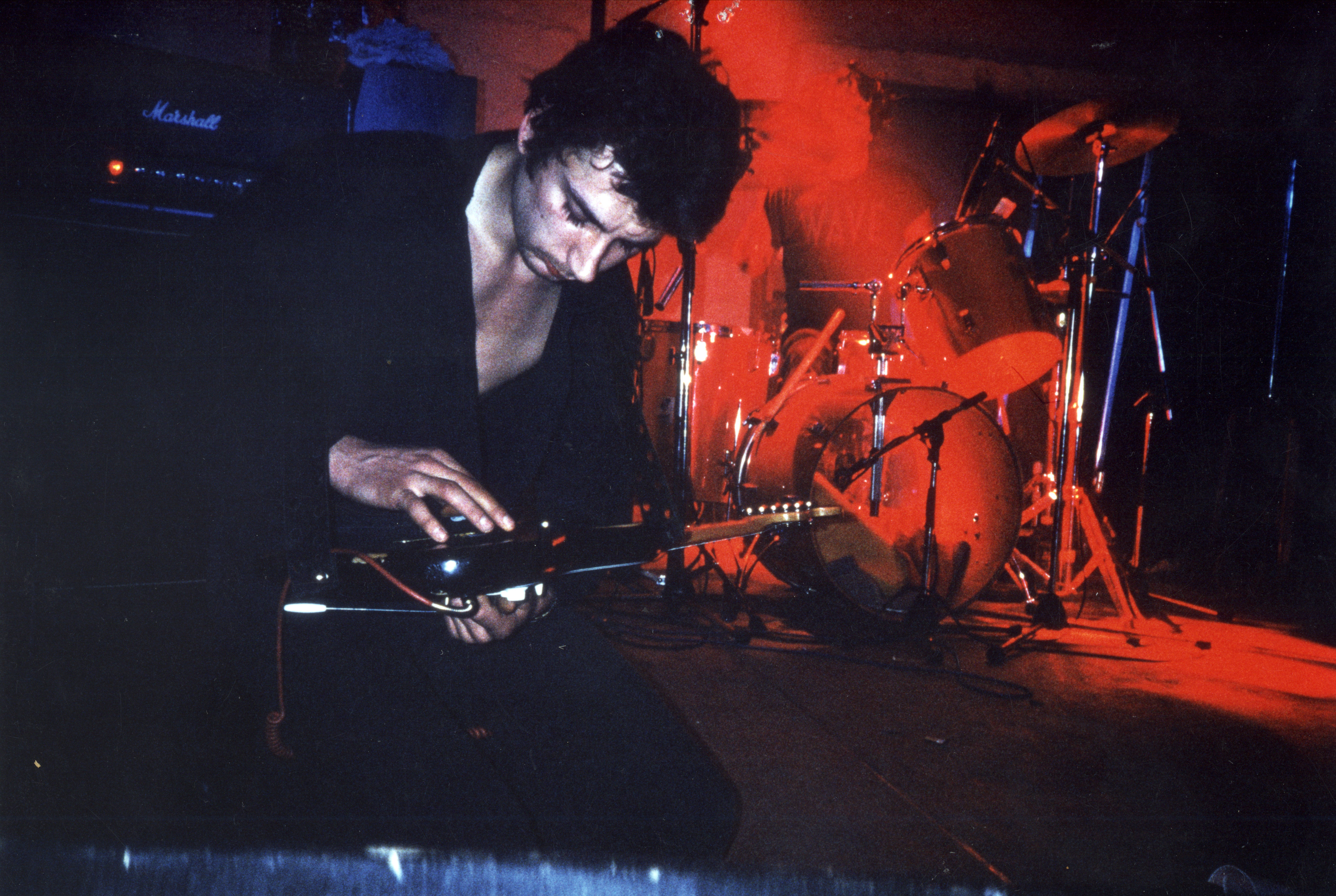
Once upon a time, long before the infamous Loudness War, there was a time when you could shake music listeners with volume. A magician of these eruptions in Schwarz was the Berlin guitarist Caspar Brötzmann. The five albums of his band Massaker, which was celebrated by critics as an industrial version of the Jimi Hendrix Experience, are now coming out again.
The eighties were largely marked by sound disarmament. Acts like Dire Straits, Phil Collins or Sade set the tone. From the USA other sounds - from bands like Hüsker Dü, Black Flag or Sonic Youth - boomed over. But it was a trio from West Berlin that eclipsed all that. The Caspar Brötzmann massacre was a ritual of blackness. There was nothing like it. The energy level of the musicians knew no limit. "This is Caspar's handwriting," bassist Eduardo Delgado Lopez remembers. "Caspar always locked himself in the practice room and played. He did nothing but tinker all the time with the guitar sounds, the feedback and all the stuff."
The one described in this way spits big tones on the guitar, but verbally he rather shifts down a few gears. Nevertheless, he cannot help but agree with his colleague, whom he meets again for the first time in years on this warm winter's day in a Berlin café. "It's that simple. It's when different things came together: Energy, longings and more. I was only good at what I did on that guitar. In everything else other guitarists were much better. The instrument and this sound really called me. I almost failed at that. I wanted to quit when I was 18. It wasn't easy between Hendrix and my father. But my mother encouraged me to go on. She said, "Do like Caspar! I finished my apprenticeship, went over to Berlin and usually only played guitar. "This includes a love of volume."
Brötzmann and Delgado Lopez, whose brother Gabi celebrated success as a DAF singer, come from Wuppertal, where free jazz had raved in the late sixties. Caspar's father Peter Brötzmann was one of the world's most distinguished free saxophonists, whose so-called Kaputtspieljazz had shaped an entire generation. It is from him that Caspar Brötzmann has his radicalism. "It was about destroying something," confesses the guitarist. "But it had nothing to do with jazz. The improvisation came more from Deep Purple, Led Zeppelin and Jimi Hendrix."


